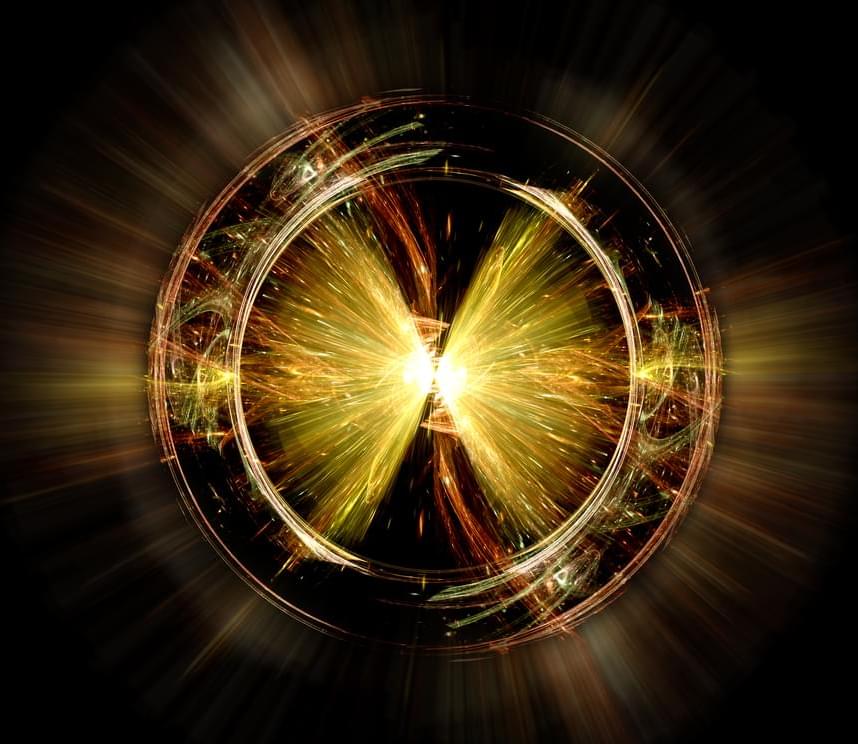In particle physics, particles are constantly interacting and interfering with all the other kinds of particles, but the strength of those interactions depend on the particle masses. So, when we try to evaluate anything involving the Higgs boson – like, say, its ability to maintain the separation between the electromagnetic and weak nuclear forces – we also need to pay attention to how the other particles will interfere with that effort. And since the top quark is handily the biggest of the bunch (the next largest, the bottom quark, weighs a mere 5 GeV) it’s essentially the only other particle we need to care about.
When physicists first calculated the stability of the universe, as determined by the Higgs boson’s ability to maintain the separation of the electroweak force, they didn’t know the mass of either the Higgs itself or the top quark. Now we do: The top quark weighs around 175 GeV, and the Higgs around 125 GeV.
Plugging those two numbers into the stability equations reveals that the universe is… metastable. This is different than stable, which would mean that there’s no chance of the universe splitting apart instantly, but also different than unstable, which would mean it already happened.
